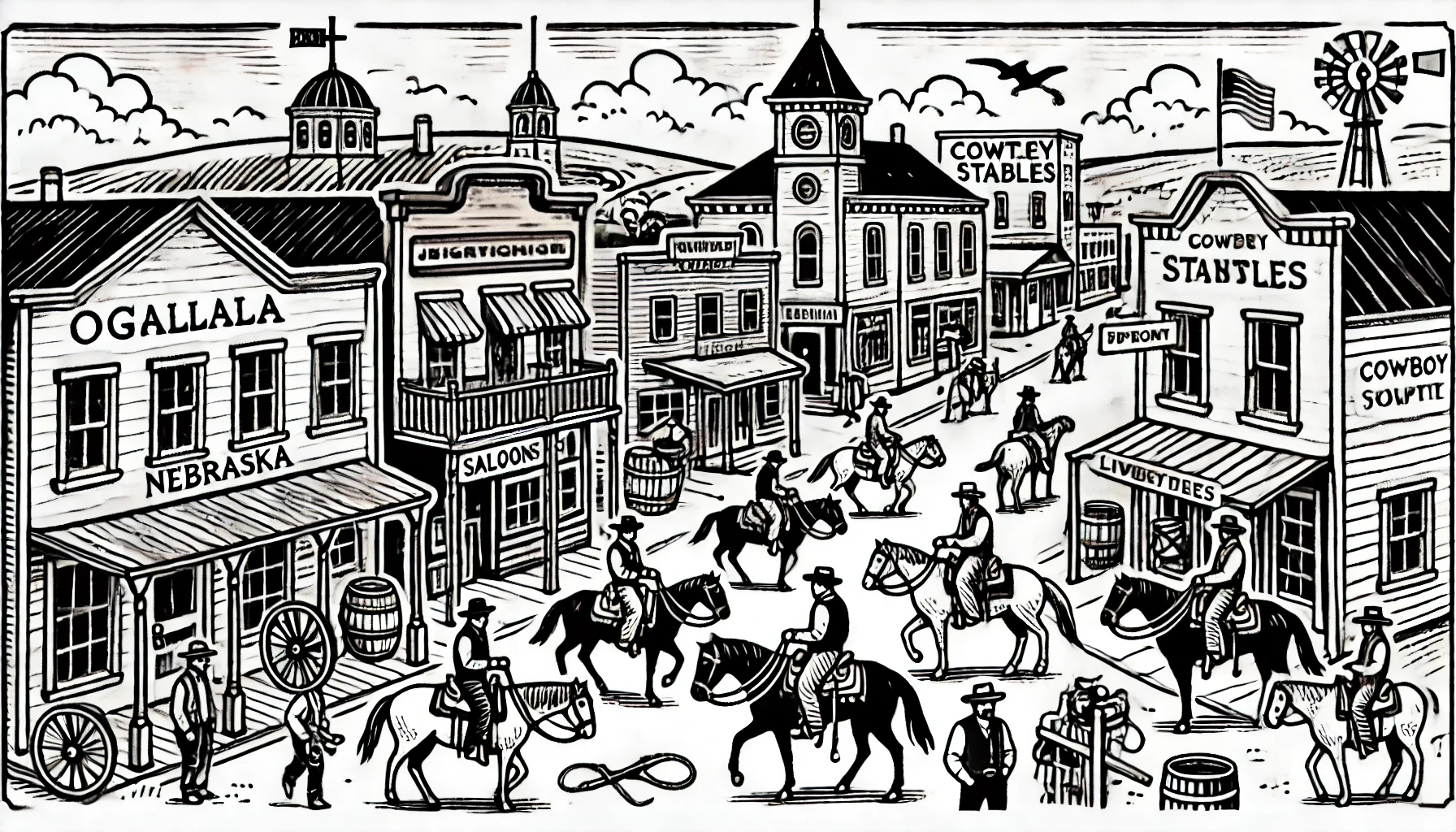Farm to Table Nebraska Restaurants

Traveling through Nebraska, one can experience a unique blend of Midwestern hospitality and culinary innovation. Within the Cornhusker state's diverse dining scene, farm-to-table Nebraska restaurants stand out as beacons of local flavors and fresh ingredients. The concept of farm-to-table emphasizes relationships between chefs, farmers, and the environment to create sustainable, delicious meals.
One pioneer in this movement is The Grey Plume in Omaha, located in the heart of the city's Old Market district. This upscale restaurant prides itself on a seasonal menu sourced from Nebraska farms. The Grey Plume has earned an impressive reputation, with the James Beard Foundation awarding its founders an 'America's Classics' distinction in 2012. Chef Clayton Chapman's passion for farm-to-table cuisine has set a high standard for Nebraska dining, showcasing the diversity and quality of the state's agricultural products.
Another exemplar of Nebraska's farm-to-table movement is the small town of Grand Island's Prairie Pride Farms, which showcases Nebraska-grown flavors through a community supported agriculture (CSA) program and on-farm dining events. Beyond its focus on local ingredients, Prairie Pride Farms actively works to preserve Nebraska's agricultural heritage by providing a historical look at farming practices. By doing so, they create a connection between food producers and consumers, a cornerstone of the farm-to-table philosophy.
Boiler Brewing Company, in the city of Lincoln, is a smaller but notable example of the movement. Their menu features an array of handcrafted beers and a farm-to-table kitchen, sourcing ingredients from local Nebraska farmers and producers. Their commitment to collaboration with local producers is evident in their seasonal offerings and specialities.
A slightly larger locale that supports the Nebraska farm-to-table movement is Open Harvest, a Lincoln-based cooperative grocery and public education center. Beyond providing an available market for Nebraska-made goods, Open Harvest facilitates relationships between customers, farmers, and chefs through its cooking demonstrations and resources.
Open Harvest provides essential networking for the farm-to-table community in Nebraska. Events organized by the cooperative help advance a cross-section of local producers. The market can also support chefs and food businesses looking to purchase ingredients from local suppliers. Their work ultimately ensures high-quality food choices and an interlinked local food community.
Sustainability in food production and resource usage is a core principle of Nebraska farm-to-table restaurants. This philosophy emphasizes that every step in food creation – from soil cultivation to serving – contributes to the ecosystem. Whether part of an urban restaurant group, small eatery, or market and education center, organizations invested in the movement strive to enhance Nebraska communities and its agricultural practices.
With their success, the number of Nebraska restaurants participating in the farm-to-table trend continues to grow. In a multifaceted community focused on preserving Nebraska heritage, cultivating innovative cuisine, and leading sustainable food movements, local and traveling foodies have ample opportunities to enjoy the richness of Nebraska's agricultural treasures in culinary artisanry.
One pioneer in this movement is The Grey Plume in Omaha, located in the heart of the city's Old Market district. This upscale restaurant prides itself on a seasonal menu sourced from Nebraska farms. The Grey Plume has earned an impressive reputation, with the James Beard Foundation awarding its founders an 'America's Classics' distinction in 2012. Chef Clayton Chapman's passion for farm-to-table cuisine has set a high standard for Nebraska dining, showcasing the diversity and quality of the state's agricultural products.
Another exemplar of Nebraska's farm-to-table movement is the small town of Grand Island's Prairie Pride Farms, which showcases Nebraska-grown flavors through a community supported agriculture (CSA) program and on-farm dining events. Beyond its focus on local ingredients, Prairie Pride Farms actively works to preserve Nebraska's agricultural heritage by providing a historical look at farming practices. By doing so, they create a connection between food producers and consumers, a cornerstone of the farm-to-table philosophy.
Boiler Brewing Company, in the city of Lincoln, is a smaller but notable example of the movement. Their menu features an array of handcrafted beers and a farm-to-table kitchen, sourcing ingredients from local Nebraska farmers and producers. Their commitment to collaboration with local producers is evident in their seasonal offerings and specialities.
A slightly larger locale that supports the Nebraska farm-to-table movement is Open Harvest, a Lincoln-based cooperative grocery and public education center. Beyond providing an available market for Nebraska-made goods, Open Harvest facilitates relationships between customers, farmers, and chefs through its cooking demonstrations and resources.
Open Harvest provides essential networking for the farm-to-table community in Nebraska. Events organized by the cooperative help advance a cross-section of local producers. The market can also support chefs and food businesses looking to purchase ingredients from local suppliers. Their work ultimately ensures high-quality food choices and an interlinked local food community.
Sustainability in food production and resource usage is a core principle of Nebraska farm-to-table restaurants. This philosophy emphasizes that every step in food creation – from soil cultivation to serving – contributes to the ecosystem. Whether part of an urban restaurant group, small eatery, or market and education center, organizations invested in the movement strive to enhance Nebraska communities and its agricultural practices.
With their success, the number of Nebraska restaurants participating in the farm-to-table trend continues to grow. In a multifaceted community focused on preserving Nebraska heritage, cultivating innovative cuisine, and leading sustainable food movements, local and traveling foodies have ample opportunities to enjoy the richness of Nebraska's agricultural treasures in culinary artisanry.
